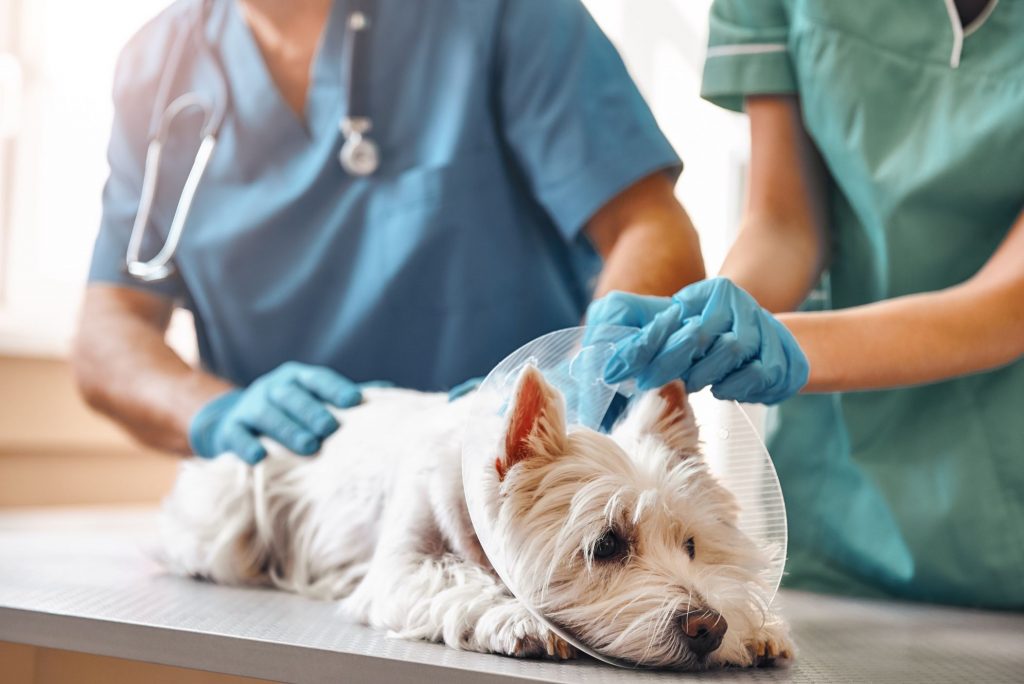If you have a passion for animals and a desire to work in the veterinary field, becoming a veterinary technician, or vet tech, could be the perfect career path for you. In this article, we’ll explore what it takes to become a vet tech www.german-seo.com/, from education and training to job duties and career opportunities.
Table of Contents
Introduction to Veterinary Technology
What is a vet tech?
A veterinary technician, often referred to as a vet tech, is a skilled professional who assists veterinarians in providing medical care to animals. They play a crucial role in the veterinary team, helping to ensure the health and well-being of animals in various settings, including veterinary clinics, animal hospitals, research facilities, and shelters.
Importance of vet techs in animal care
Vet techs work alongside veterinarians to perform a wide range of tasks, from conducting physical exams and administering medications to assisting in surgical procedures and providing compassionate care to animals. Their expertise and dedication are essential in delivering high-quality veterinary care and improving the lives of animals.
Education and Training
Required education and certifications
Becoming a vet tech typically requires completing a veterinary technology program accredited by the American Veterinary Medical Association (AVMA) and passing the Veterinary Technician National Examination (VTNE) to become certified or licensed, depending on the state’s requirements.
Accredited programs
There are many accredited veterinary technology programs available, ranging from two-year associate degree programs to four-year bachelor’s degree programs. These programs provide students with the knowledge and skills needed to excel in the field, including coursework in animal anatomy and physiology, pharmacology, anesthesia, and laboratory procedures.
Hands-on training opportunities
In addition to classroom instruction, vet tech students gain valuable hands-on experience through clinical rotations and internships at veterinary clinics and other animal care facilities. This practical training allows students to apply their knowledge in real-world settings and develop essential clinical skills under the guidance of experienced professionals.
Skills and Qualities
Compassion and empathy
One of the most important qualities of a successful vet tech is compassion for animals. Vet techs must be able to empathize with animals in their care and provide them with the comfort and support they need, especially during times of illness or injury.
Attention to detail
In the veterinary field, attention to detail is crucial. Vet techs must be thorough and meticulous in their work, whether they’re administering medications, performing laboratory tests, or recording patient information, to ensure accuracy and prevent errors.
Communication skills
Effective communication is essential for vet techs, who must be able to communicate clearly and professionally with veterinarians, colleagues, and pet owners. Strong communication skills help vet techs convey important information, educate pet owners about proper care and treatment, and work collaboratively as part of a veterinary team.
Technical proficiency
Vet techs use a variety of medical equipment and technology in their daily work, from digital x-ray machines and anesthesia monitors to laboratory instruments and computer software. Therefore, they must have strong technical skills and the ability to learn and adapt to new technologies as they emerge.
Job Duties
Assisting veterinarians during exams and procedures
One of the primary responsibilities of a vet tech is to assist veterinarians during physical exams, surgeries, and other medical procedures. This may involve preparing surgical equipment, monitoring anesthesia, and providing support to ensure the safety and comfort of both the animal patient and the veterinary team.
Performing laboratory tests
Vet techs often perform a variety of laboratory tests to help diagnose and monitor illnesses in animals, including blood tests, urinalysis, and microbiological cultures. They must follow proper protocols and procedures to obtain accurate results and communicate findings to veterinarians in a timely manner.
Administering medications
Under the direction of a veterinarian, vet techs may administer medications to animals, including injections, oral medications, and topical treatments. They must ensure that medications are administered safely and accurately, following dosage instructions and monitoring for any adverse reactions.
Educating pet owners
Vet techs play a vital role in educating pet owners about preventive care, nutrition, and treatment options for their animals. They may provide instructions on administering medications, demonstrate proper grooming techniques, and offer advice on maintaining a healthy lifestyle for pets.
Career Opportunities and Advancement
Various work settings
Vet techs can work in a variety of settings, including veterinary clinics, animal hospitals, research laboratories, zoos, and wildlife rehabilitation centers. They may specialize in areas such as emergency and critical care, dentistry, anesthesia, or behavior therapy, depending on their interests and career goals.
Specializations within the field
With experience and additional training, vet techs can pursue specialized certifications or advanced degrees to expand their career opportunities. Specializations may include veterinary dentistry, anesthesia and pain management, internal medicine, or veterinary behavior.
Continuing education and professional development
Continuing education is essential for vet techs to stay current with advances in veterinary medicine and technology. Many professional organizations offer conferences, workshops, and online courses for vet techs to enhance their skills and knowledge and maintain their credentials.
Challenges and Rewards
Emotional toll of working with sick or injured animals
Working as a vet tech can be emotionally demanding, especially when dealing with sick or injured animals. Vet techs must cope with the stress and sadness that can arise from seeing animals in pain or distress, while also maintaining professionalism and providing compassionate care.
Fulfillment of making a difference in animals’ lives
Despite the challenges, many vet techs find great fulfillment in their work, knowing that they are making a positive impact on the lives of animals and their owners. The bonds formed with patients and the satisfaction of helping animals recover and thrive are among the most rewarding aspects of the job.
Opportunities for personal growth and development
Aspiring vet techs have the opportunity to grow and develop both personally and professionally as they gain experience and expertise in the field. Whether pursuing advanced certifications, specializing in a particular area of veterinary medicine, or taking on leadership roles, vet techs can continue to expand their knowledge and skills throughout their careers
